Burundi
Burundi’s leading opposition candidate says more than 200 party supporters were arrested during Wednesday’s election, and he is keeping open the possibility of challenging the results over suspected fraud.
Agathon Rwasa spoke to The Associated Press a day after the East African nation held one of its most important elections since independence in 1962, one that some fear could bring a new wave of violence similar to what occurred around the previous, disputed vote in 2015.
While President Pierre Nkurunziza is stepping aside after 15 years, many observers expect a win for his ruling party’s candidate, Evariste Ndayishimiye. Some in Burundi believe Nkurunziza will continue to wield power behind the scenes.
Rwasa was seen as being in a close race with Ndayishimiye, and members of his CNL party reported being harassed and detained ahead of the vote.
He told the AP he was disappointed with Burundi’s security forces and justice officials over “harassment and persecution” of party supporters, including those meant to monitor the voting.
SOS Medias Burundi, a group of independent journalists, has reported that more than 160 CNL party members were arrested, many of them on Wednesday night when it was time to count the votes.
Police spokesman Pierre Nkurikiye said the arrests in general were related to voting fraud, and he accused CNL members of voting multiple times or trying to observe the vote without the proper permission. He did not say how many were arrested, only “many.”
Police ahead of the vote had accused Rwasa of making “incendiary and defamatory” remarks and inciting revolt. The months of harassment ahead of the vote were aimed at guaranteeing “massive fraud,” Rwasa said.
He didn’t offer any evidence of vote-rigging, but on Wednesday he declared that “we will do what the laws permits if we are not satisfied.”
Street demonstrations erupted in 2015 when Nkurunziza decided to run for a third term that some called unconstitutional. The deadly turmoil that followed badly damaged global relations, and Burundi became the first country to leave the International Criminal Court after it started investigating allegations of abuses.
The U.N. human rights office reported more than 300 extrajudicial killings and was kicked out of the country. Burundi’s government has denied allegations it targets its people.




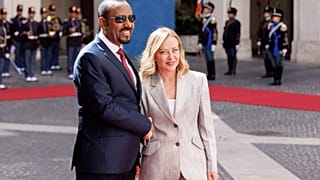

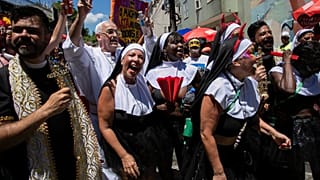
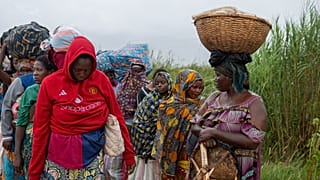
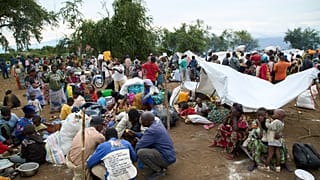
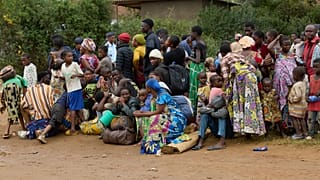
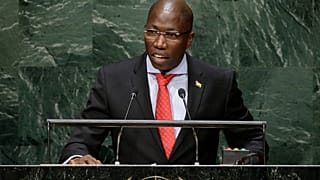
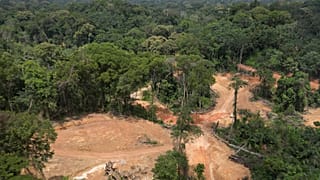
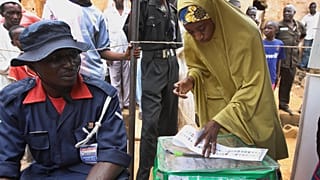
01:37
WHO urges US to share Covid origins findings
01:00
Cameroon President Biya delays elections once again
00:59
Zimbabwe cabinet agrees plan to extend president's term to 2030
00:59
Malian appeal court upholds former PM Moussa Mara's prison sentence
00:54
Guinea-Bissau opposition leader summoned to military court over coup allegations
01:19
Republic of Congo: president declares himself candidate for elections